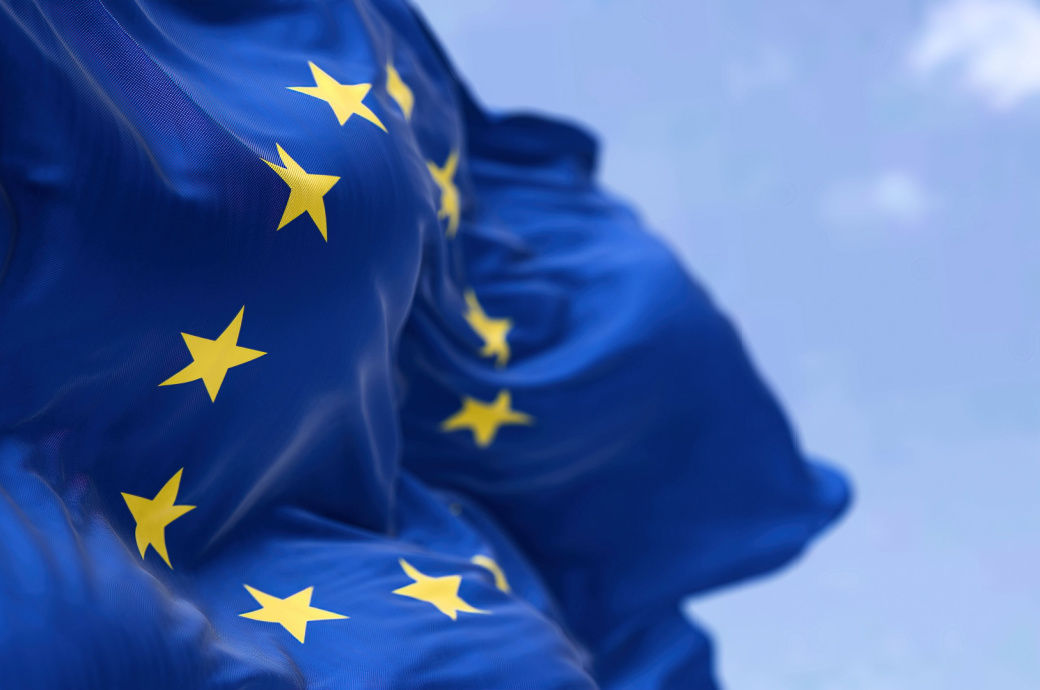
The package draws upon the Autumn 2022 Economic Forecast that showed that after a strong first half of the year, the EU economy has now entered a much more challenging phase.
While swift and well-coordinated policy action during the COVID-19 pandemic is paying off, the fallout from Russia's invasion of Ukraine confronts the EU with multiple and complex challenges, the European Union (EU) said in a release.
Historically high energy prices, high inflation rates, supply shortages, increased debt levels and rising borrowing costs are affecting business activity and eroding households' purchasing power, the EU noted.
These challenges call for coordinated action to secure adequate and affordable energy supply, safeguard economic and financial stability, and protect vulnerable households and companies while preserving the sustainability of public finances. At the same time, rapid action is needed to boost potential growth and quality job creation and deliver on the green and digital transitions.
Economic policy coordination through the European Semester will help member states achieve these objectives by setting priorities and providing clear and well-coordinated policy guidance for the year to come, the EU said.
This year's Annual Sustainable Growth Survey puts forward an ambitious agenda to further strengthen coordinated EU policy responses to mitigate the negative impacts of energy shocks in the short term.
The Recovery and Resilience Facility, with a budget of €723.8 billion in grants and loans, is continuing to provide a steady stream of investments in European businesses, infrastructure and skills, and is supporting an ambitious reform agenda until 2026.
The Commission has endorsed 26 national recovery and resilience plans, all of which have been approved by the EU Council. So far, payments disbursed under the facility amount to over €135 billion.
REPowerEU, the EU's plan to rapidly phase out the EU's dependence on Russian fossil fuels, will mobilise additional resources to increase the resilience of EU energy systems and prevent energy poverty through targeted investments and reforms.
The Commission recommended euro area member states to continue to coordinate fiscal policies to support the timely return of inflation to the European Central Bank's 2 per cent medium-term target and sustain a high level of public investment to foster social and economic resilience and support the green and digital transitions.
It also urged such states to further improve active labour market policies and address skills shortages.
ALCHEMPro News Desk (DS)
Receive daily prices and market insights straight to your inbox. Subscribe to AlchemPro Weekly!